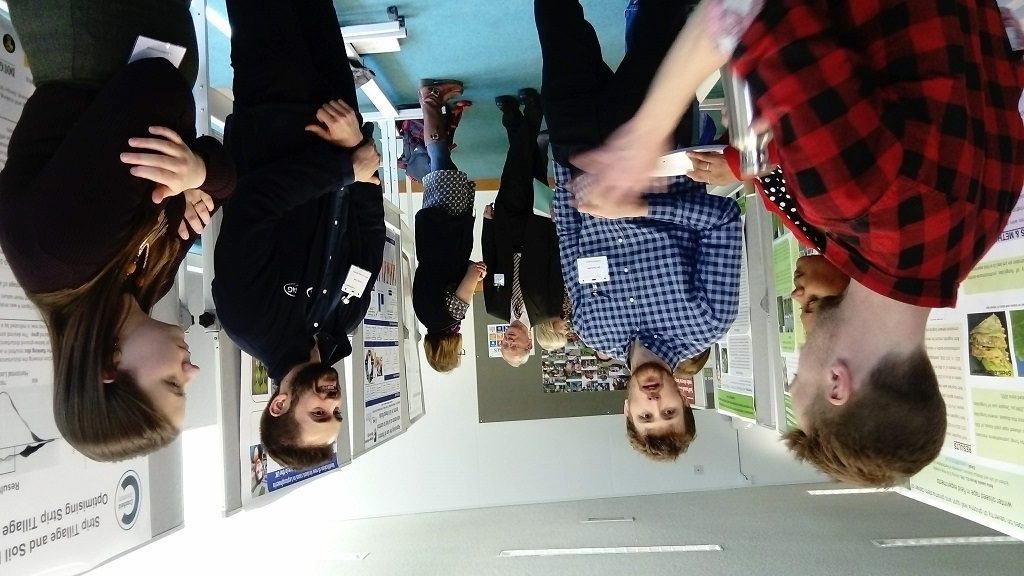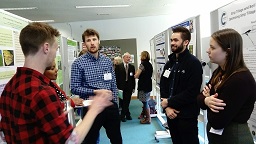
Hope for the future?
25th July 2019Comment from Graham Jellis, BCPC Advisory Board Member
Agriculture is facing many challenges nowadays and there are no simple answers. The demand for food for an ever-increasing population has to be met in a world concerned about the impact that food production can have on the environment and the resulting pressure to use less nitrogen fertiliser and fewer chemicals and manage our water resources and soils more wisely.
Finding effective and reliable solutions to these many challenges requires good science.
Agricultural science covers a wide range of disciplines from laboratory-based biotechnology to field trials. For too many years, the attractions of the former skewed both funding and, inevitably, research activity. Many researchers forgot, or never learnt, how to run field trials or recognise a disease or pest. However, things are changing and I am greatly encouraged to see young graduates keen to take on the challenges of today, not just in the laboratory but also the field.
 As somebody involved with charities funding PhD students, listening to them talking enthusiastically about their latest findings and the next experiment they need to do is very encouraging. Rather less encouraging is the seemingly low demand for the grants available. One charity I am involved with rarely gets more than two good applications for each grant available. Almost certainly this is partly due to the mountain of debt that students have built up as undergraduates and the desire to start reducing this rather than stay in education for a further 3-4 years, but students must also be concerned about the future for them as researchers in a (probably) post-brexit world.
As somebody involved with charities funding PhD students, listening to them talking enthusiastically about their latest findings and the next experiment they need to do is very encouraging. Rather less encouraging is the seemingly low demand for the grants available. One charity I am involved with rarely gets more than two good applications for each grant available. Almost certainly this is partly due to the mountain of debt that students have built up as undergraduates and the desire to start reducing this rather than stay in education for a further 3-4 years, but students must also be concerned about the future for them as researchers in a (probably) post-brexit world.
Although there are, of course, regional/national issues, many of the challenges we face cross borders and considerable amounts of agricultural research is transnational.
For the UK, being part of the EU has allowed us to play a major role in European research leading to resource-efficient agriculture. We have been leaders in many EU projects and have benefited greatly from participating in programmes such as Horizon 2020. Whilst the UK government has guaranteed that it will underwrite funding for competitively-bid projects submitted whilst we are a member of the EU, the future beyond this is far from certain. As somebody who has participated in EU programmes in the past, the benefit of collaboration lies not just in the research being done in different environments but in the links built up with research individuals and institutes throughout Europe. Let’s hope that our politicians can find a way to ensure both the funding and the collaboration can continue into the future.
Agricultural research relies on continuity, not stop-start funding, and much of it takes many years to deliver benefits. It’s the very nature of a discipline which often has to cope with the vagaries of the weather etc. Let’s hope that we can continue to fund our young people not just through their studies but into the future.
In the end, our food supply and quality of life depend on it!
Footnote: The BCPC Congress this year is offering students the opportunity to exhibit posters related to the theme of the meeting- “Delivering increases in food production simultaneously with environmental enhancement”.

